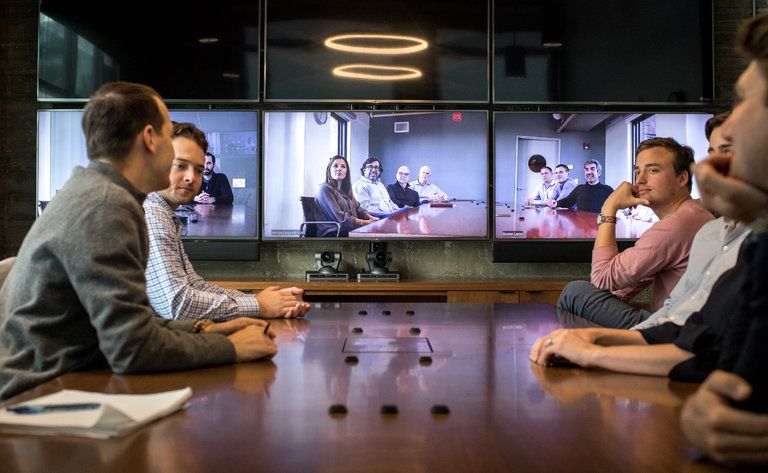Tesla completed its $2.6 billion acquisition of SolarCity this week, and, to celebrate, the company has announced a major solar energy project: wiring up the whole island of Ta’u in American Samoa. Previously, the island ran on diesel generators, but over the past year Tesla has installed a microgrid of solar energy panels and batteries that will supply “nearly 100 percent” of power needs for Ta’u’s 600 residents.
The project seems intended to show off the potential benefits of the SolarCity acquisition, with Ta’u’s microgrid comprised of 5,328 solar panels from SolarCity and Tesla, along with 60 Tesla Powerpacks batteries for storage. But buying SolarCity remains a risky move for Tesla, with the purchase including billions of dollars of debt for a company that’s far from profitable (SolarCity spends $6 for every $1 it makes in sales). Nevertheless, Tesla CEO Elon Musk describes the acquisition as “blindingly obvious” — a necessary step in his so-called “Master Plan” to integrate clean energy generation and storage.
The project in Ta’u shows the benefit of this. It was funded by American Samoan and US authorities (including the Department of Interior), and Tesla says it will offset the island’s use of more than 109,500 gallons of diesel per year, as well as the expense of shipping that fuel in. Confusingly, the “Factoring in the escalating cost of fuel, along with transporting such mass quantities to the small island, the financial impact is substantial,” said Tesla in a blog post.







